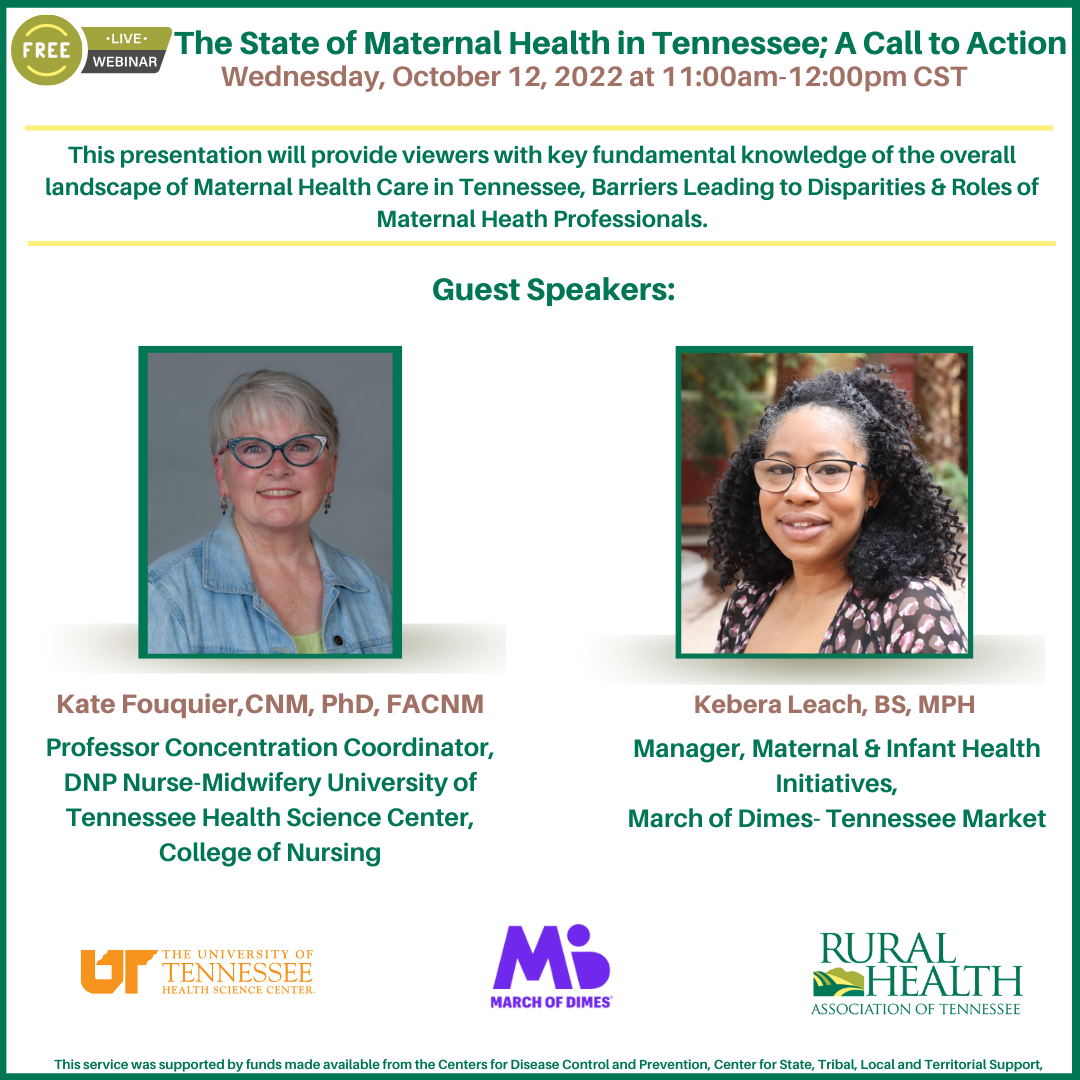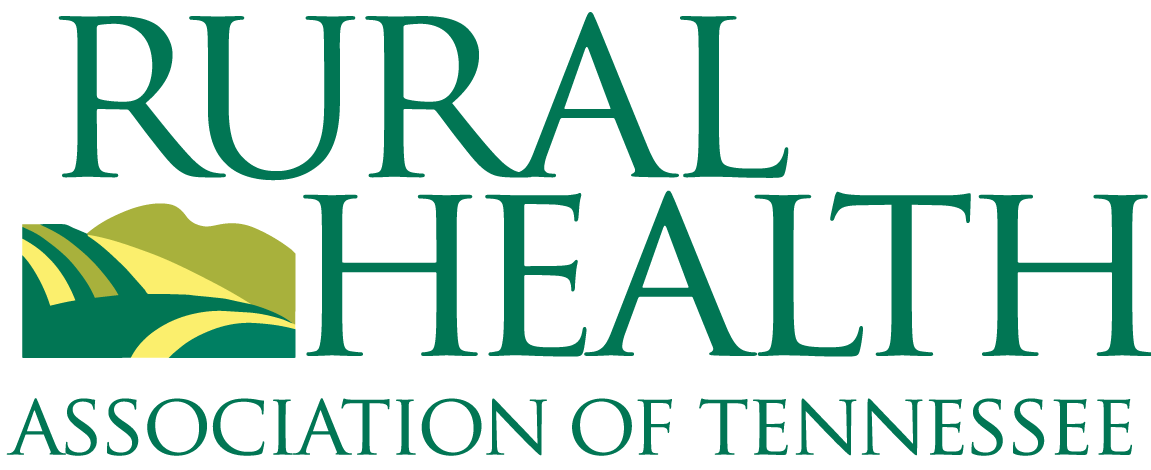

Medical Coding Program to receive $1.2M grant for West Tennessee students
Grant aims to fill critical healthcare positions, paying for training
The Health Resources & Services Administration’s (HRSA) Delta Region Rural Health Workforce Training Program awarded The Jackson State Community College (JSCC) Medical Coding Program a $1.2 million grant for supplying training, scholarships, and support to students in West Tennessee. The HRSA training program grant focuses on improving healthcare delivery in rural areas by training future and current healthcare professionals for high-quality, good-paying jobs in rural counties. The grant outlines critical needs for administrative support professions in areas such as medical coding and billing, insurance claims processing, and health information management. And as a strategic community partner, the Rural Health Association of Tennessee will aid students in recruitment, formal training, social needs, and job placement. This grant will run from September 1st, 2022, through August 30th, 2026.
If you are interested in applying to the Medical Coding Program, please contact Chrystal Taylor at [email protected]
This program is supported by the Health Resources and Services Administration (HRSA) of the U.S. Department of Health and Human Services (HHS) as part of an award totaling $1,204,591 with zero percentage financed with non-governmental sources. The contents are those of the author(s) and do not necessarily represent the official views of, nor an endorsement, by HRSA, HHS, or the U.S. Government. For more information, please visit HRSA.gov.
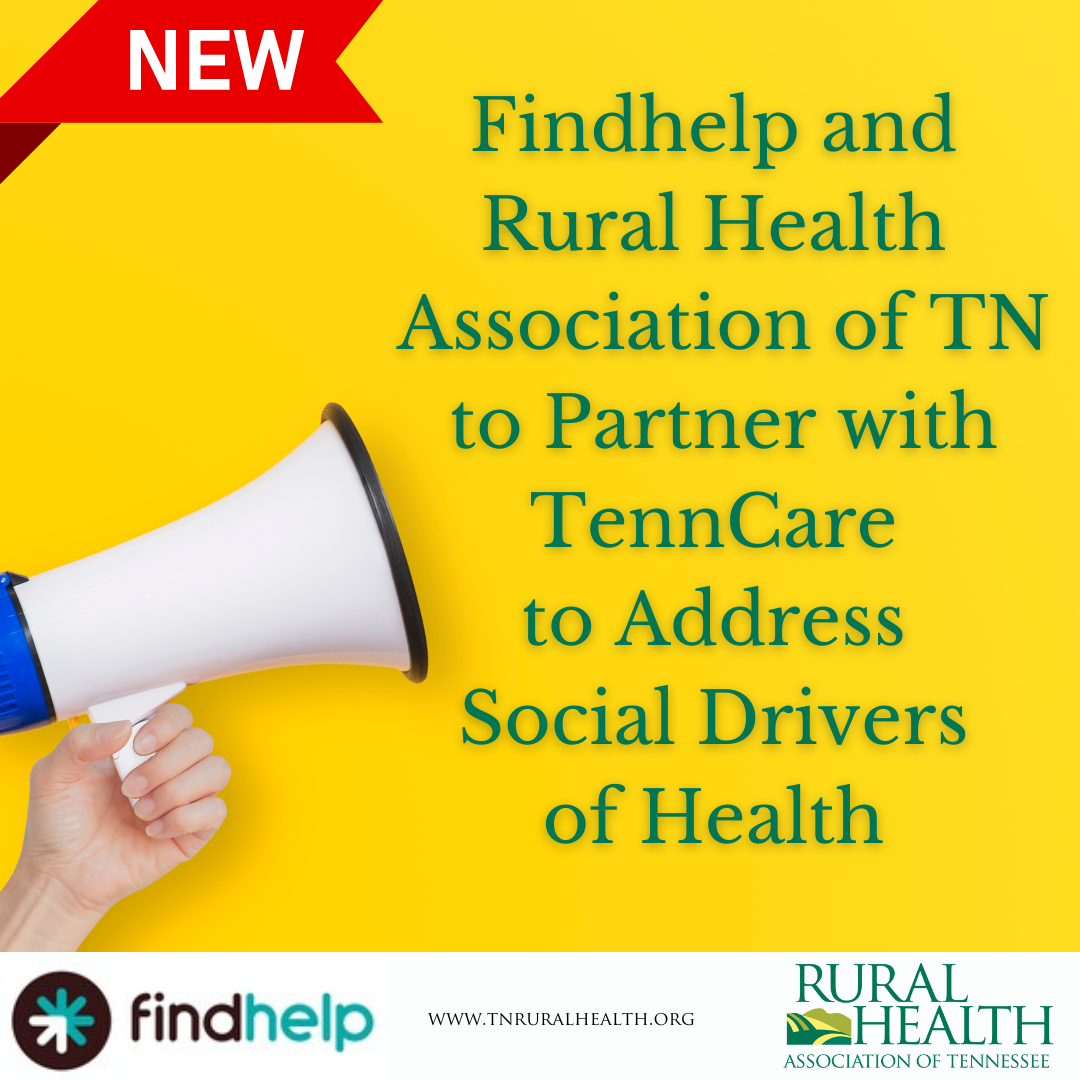


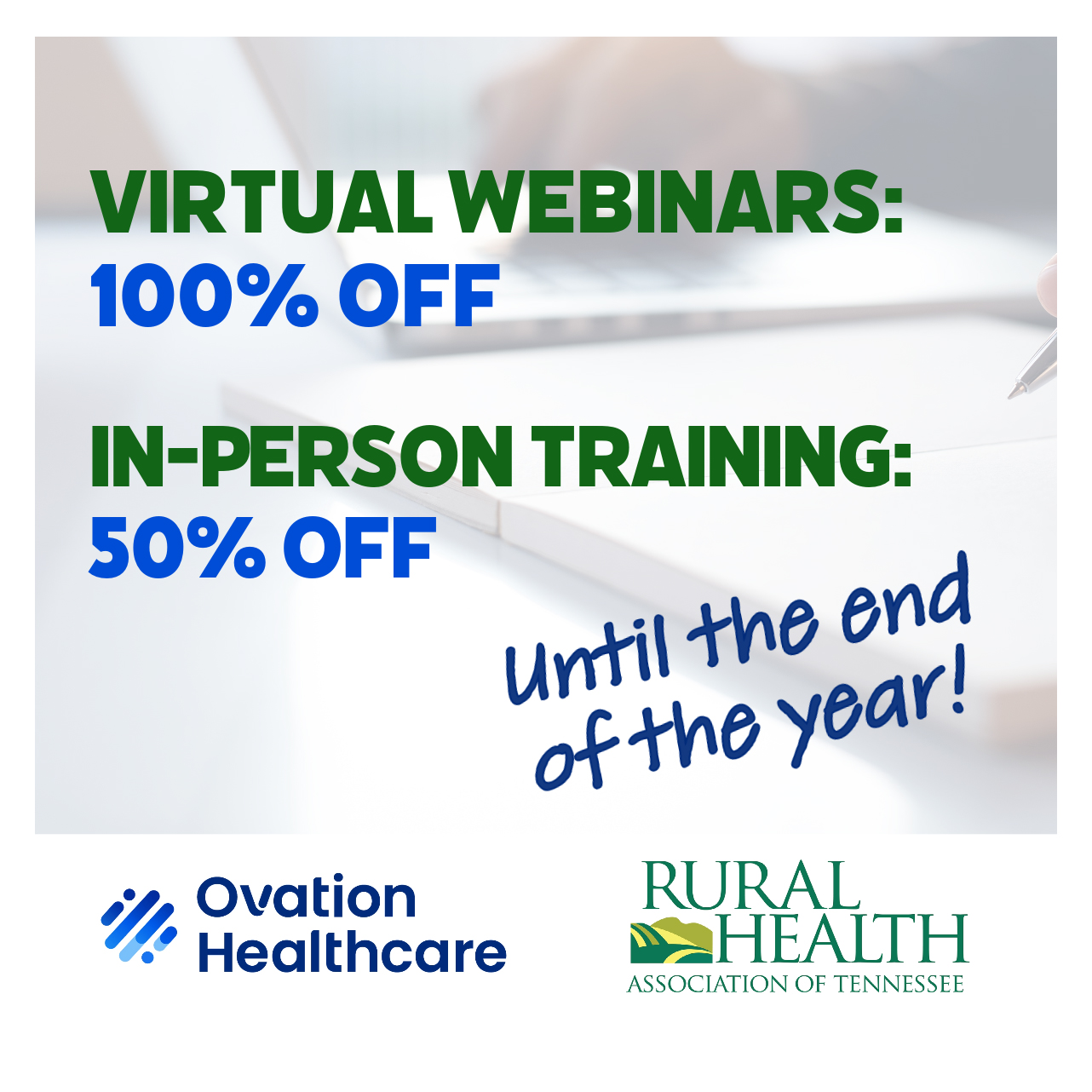
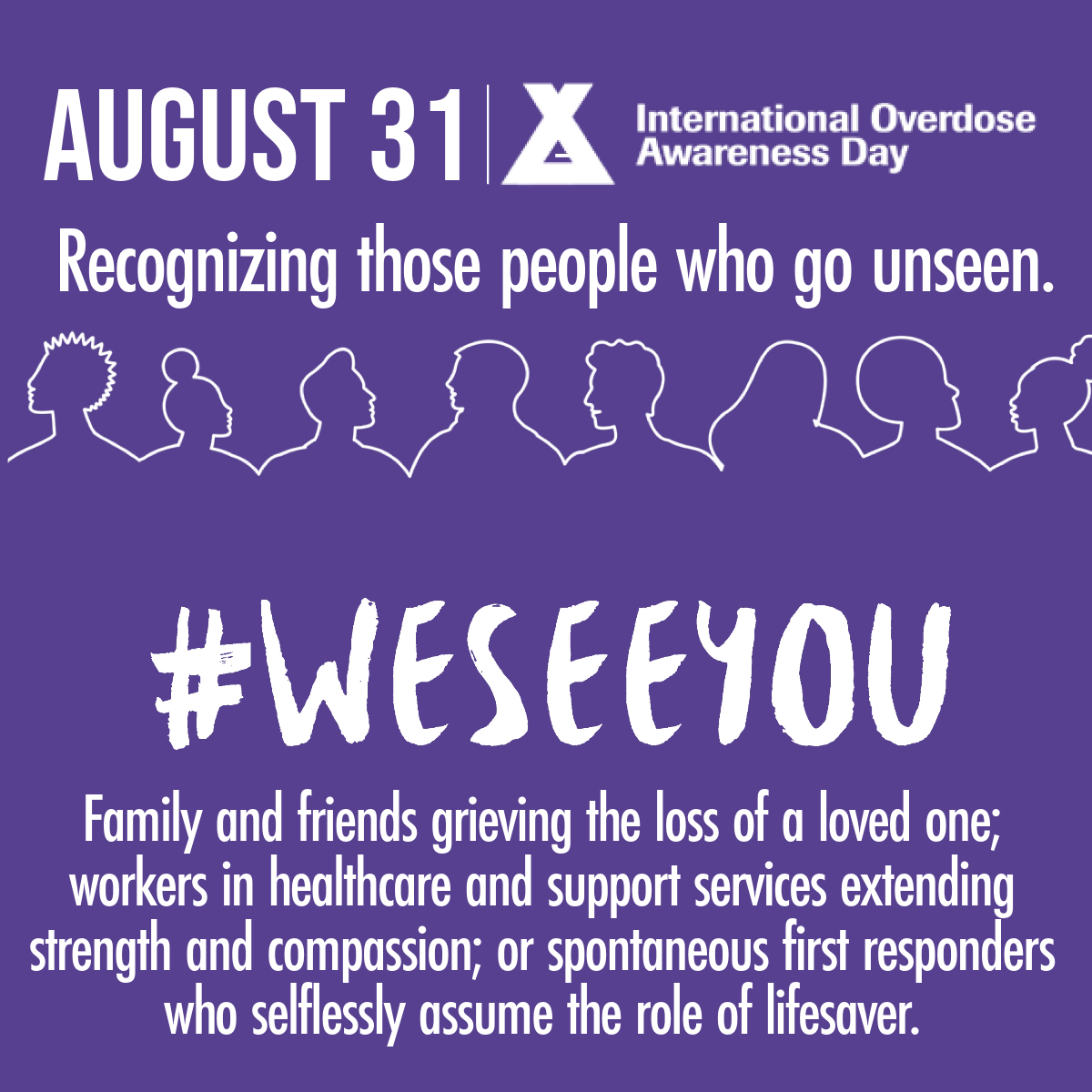 Time to Remember. Time to Act. Overdose touches people and communities in many ways.
Time to Remember. Time to Act. Overdose touches people and communities in many ways. 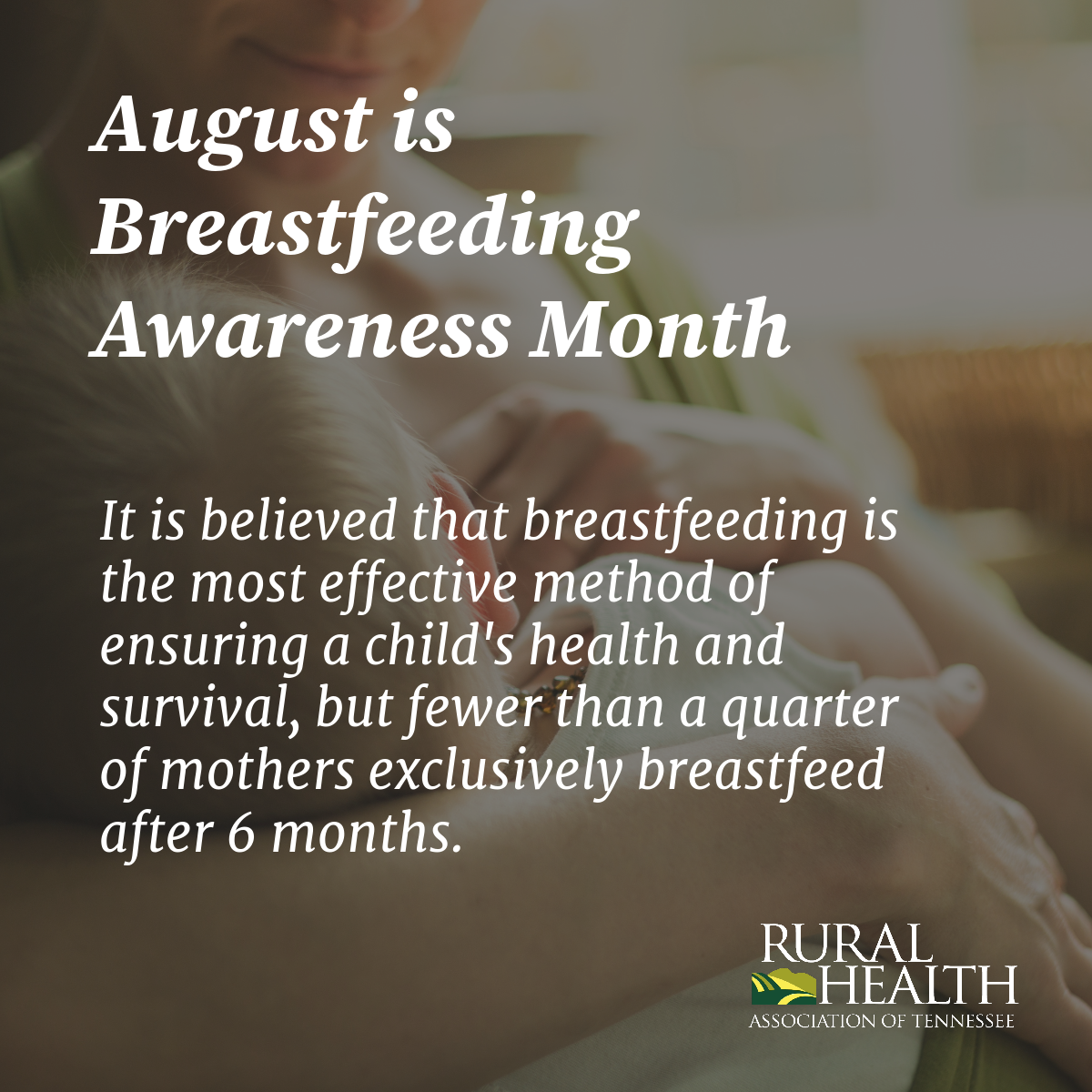
 In order to achieve health equity, access barriers need to be removed and high quality, need-based resources allocated. Health equity promotion is the aspirational guarantee of optimal health for all.
In order to achieve health equity, access barriers need to be removed and high quality, need-based resources allocated. Health equity promotion is the aspirational guarantee of optimal health for all.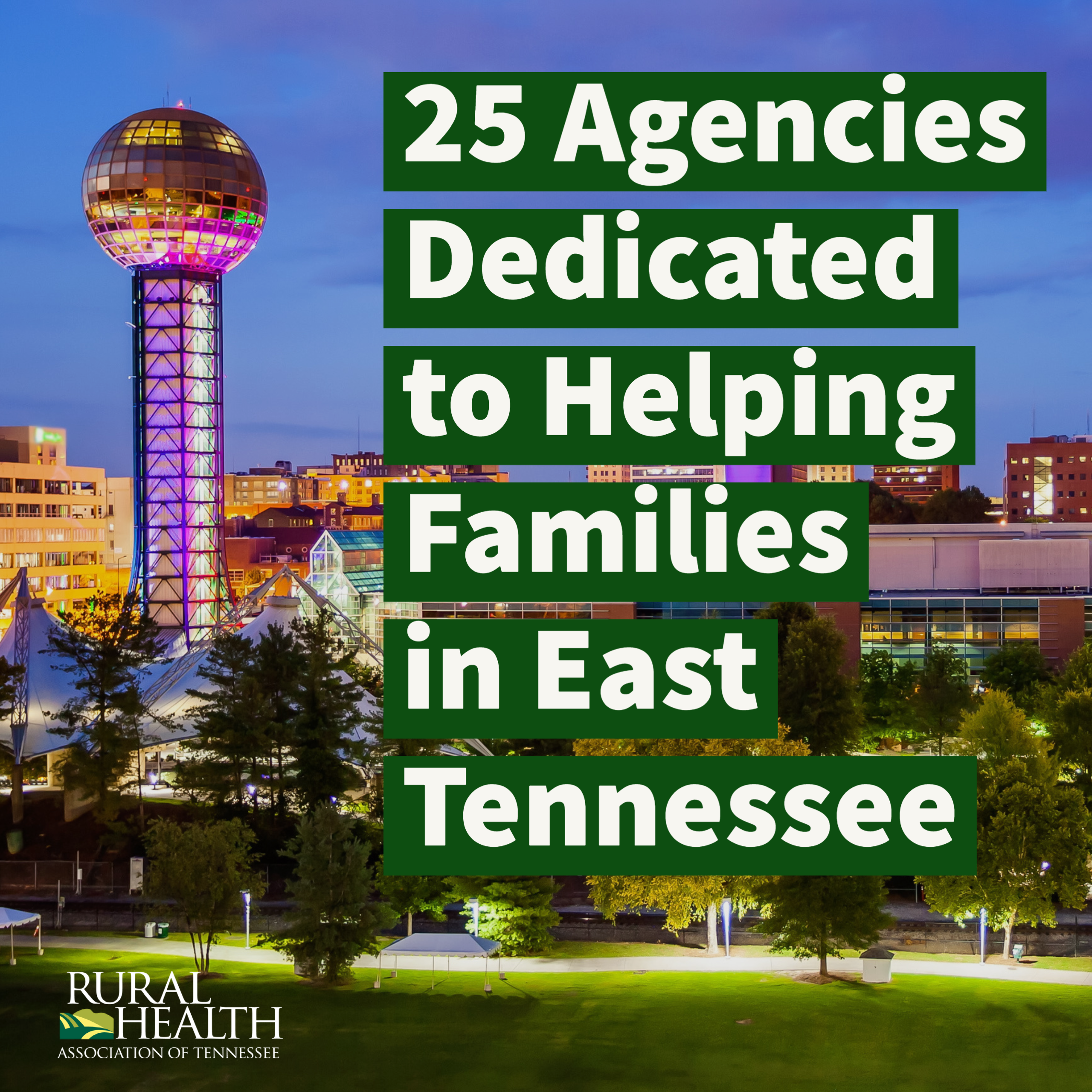
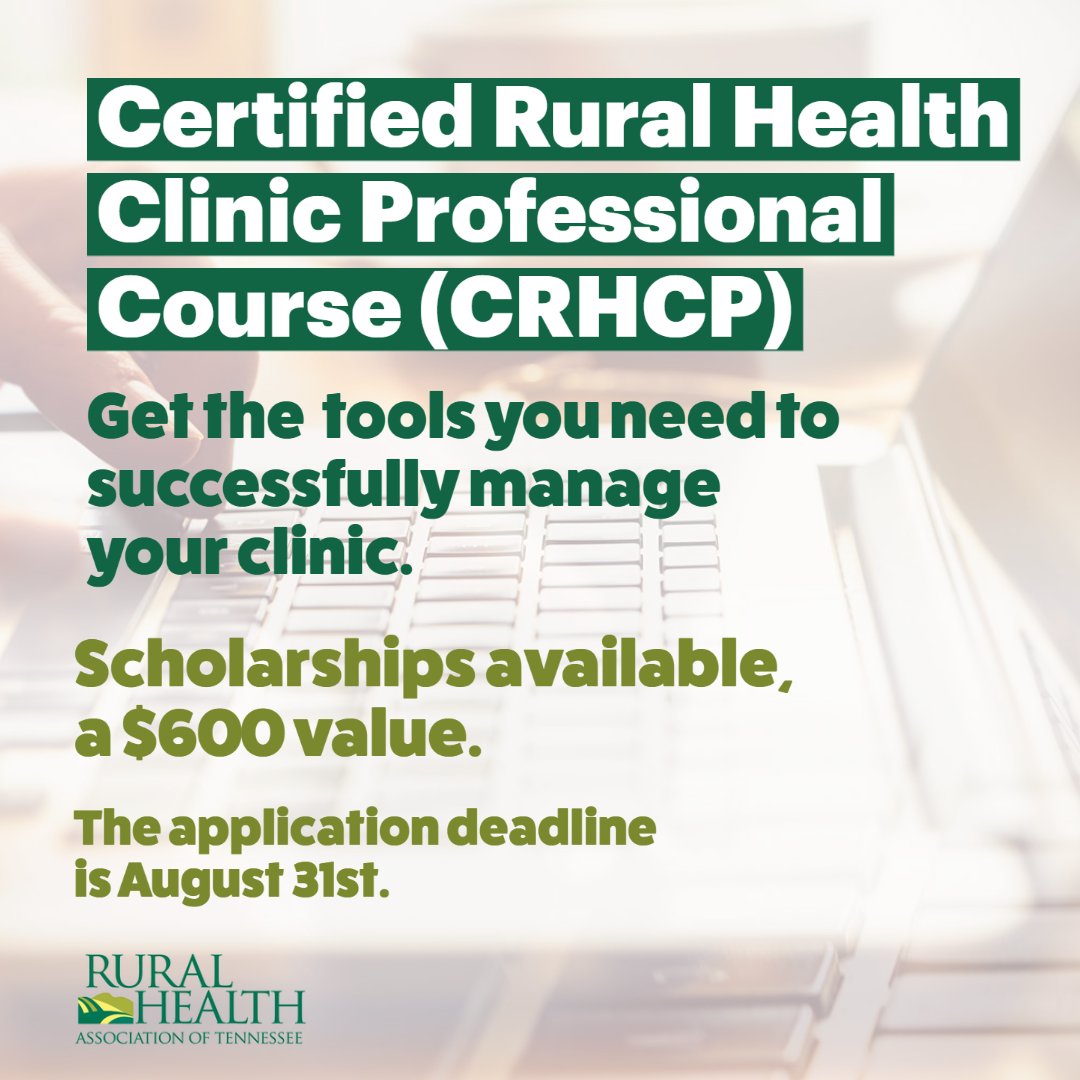 What is the Certified Rural Health Clinic Professional Course (CRHCP) ?
What is the Certified Rural Health Clinic Professional Course (CRHCP) ?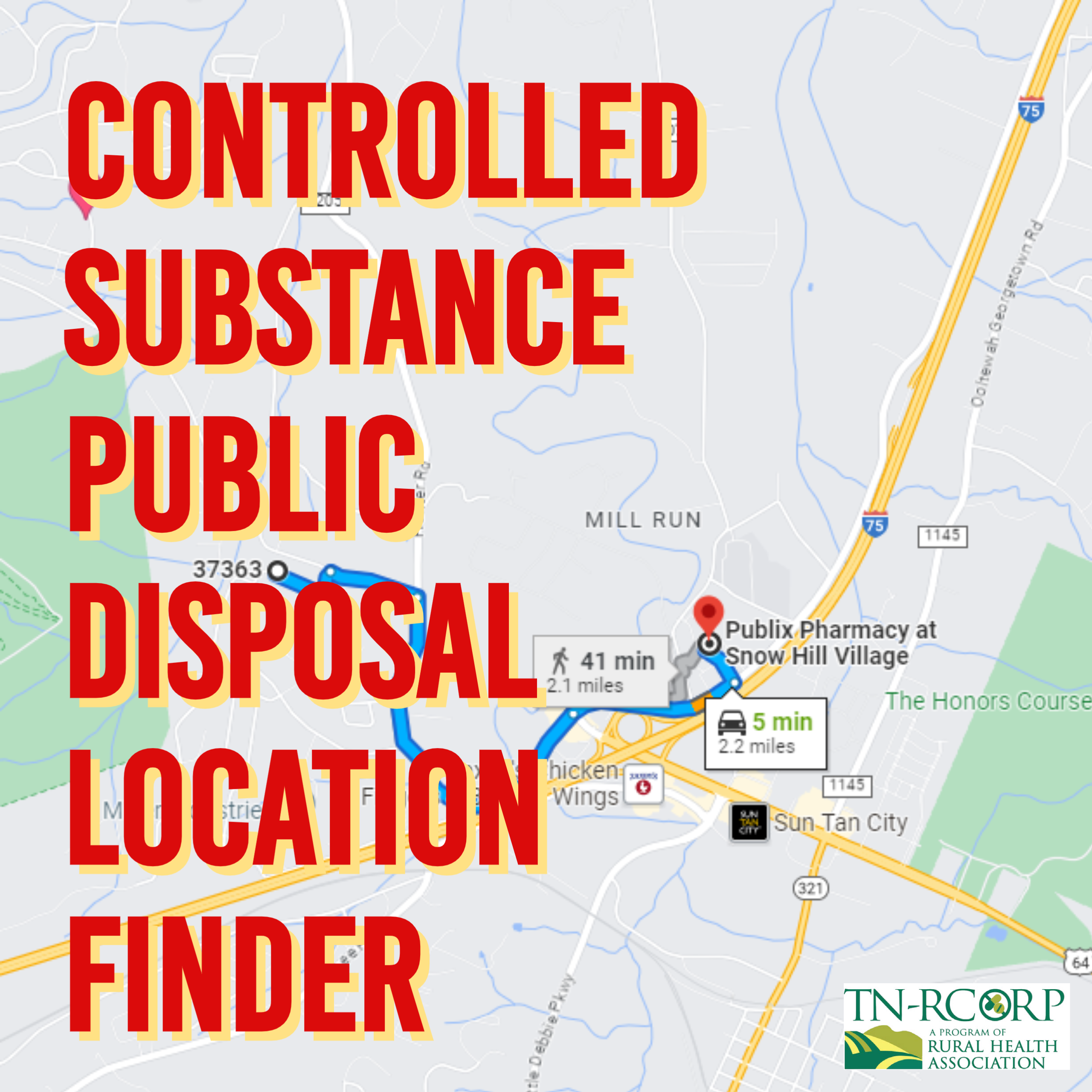 The Drug Enforcement Administration (DEA) offers a search tool to enable users to find a safe and environmentally responsible way to dispose of medications by identifying public disposal locations for prescription drugs, over-the-counter medicines, and other pharmaceuticals.
The Drug Enforcement Administration (DEA) offers a search tool to enable users to find a safe and environmentally responsible way to dispose of medications by identifying public disposal locations for prescription drugs, over-the-counter medicines, and other pharmaceuticals.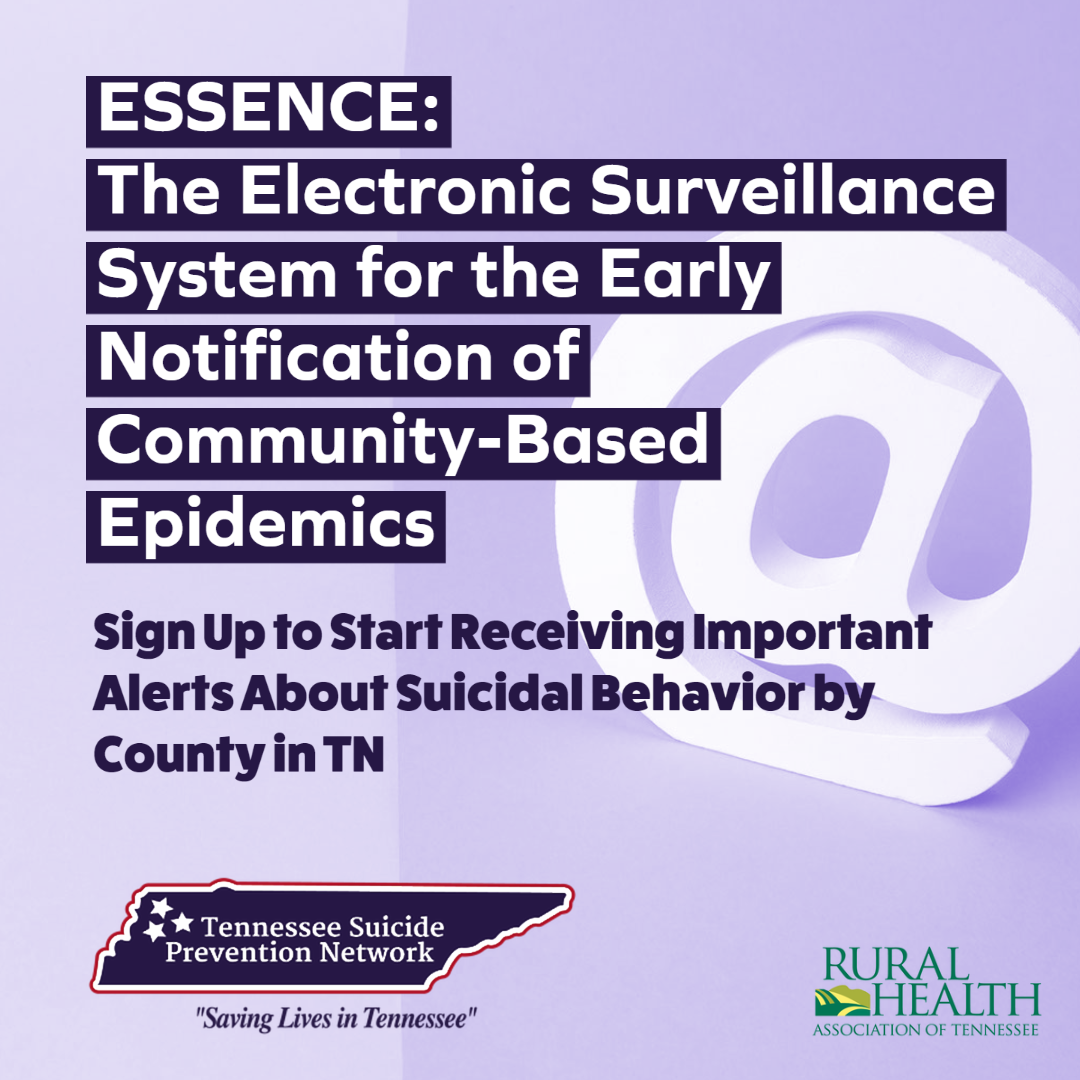 The Electronic Surveillance System for the Early Notification of Community-Based Epidemics (ESSENCE) is a national syndromic surveillance system used to monitor disease trends for early detection of potential disease outbreaks.
The Electronic Surveillance System for the Early Notification of Community-Based Epidemics (ESSENCE) is a national syndromic surveillance system used to monitor disease trends for early detection of potential disease outbreaks.
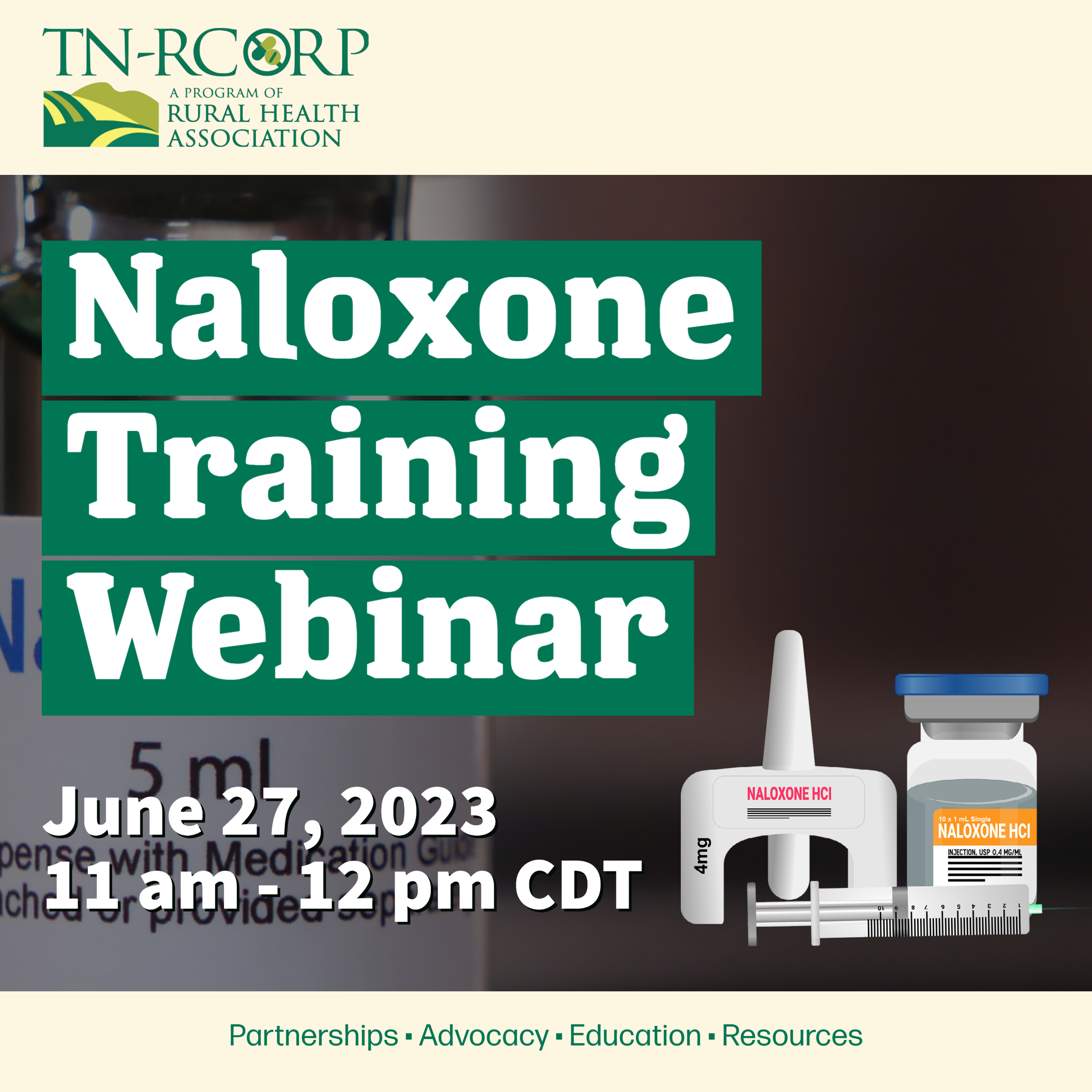 Join us for a virtual training webinar on Naloxone on June 27th from 11 am - 12 pm CDT! Topics to be covered include the causes and impacts of the overdose epidemic, the impact of substance misuse on the brain, harm reduction principles, recognizing and responding to an overdose, and how to administer Naloxone.
Join us for a virtual training webinar on Naloxone on June 27th from 11 am - 12 pm CDT! Topics to be covered include the causes and impacts of the overdose epidemic, the impact of substance misuse on the brain, harm reduction principles, recognizing and responding to an overdose, and how to administer Naloxone. 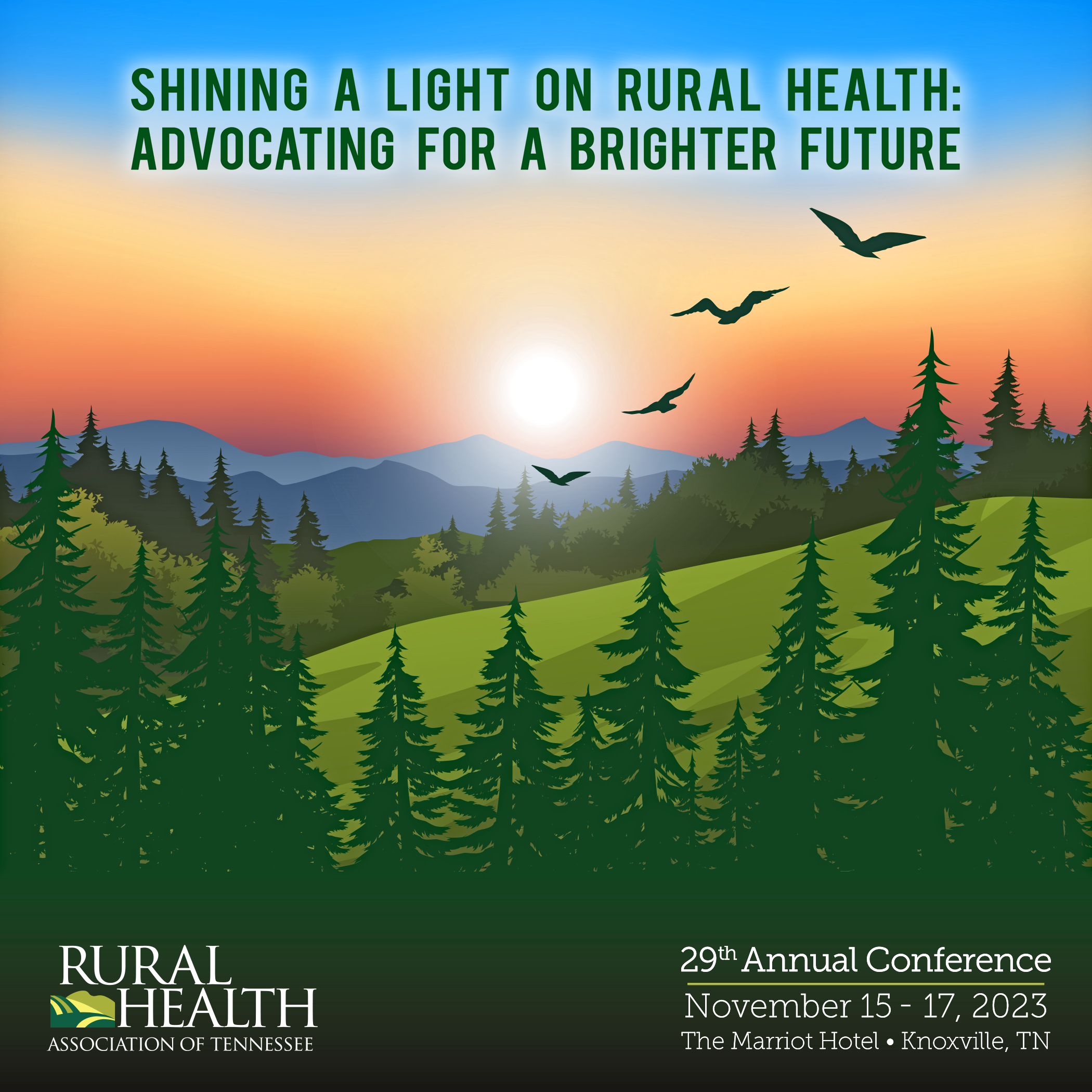 We invite you to be a part of the conversation around rural health care by registering for our 29th Annual Conference, "Shining a Light on Rural Health, Advocating for a Brighter Future!"
We invite you to be a part of the conversation around rural health care by registering for our 29th Annual Conference, "Shining a Light on Rural Health, Advocating for a Brighter Future!" 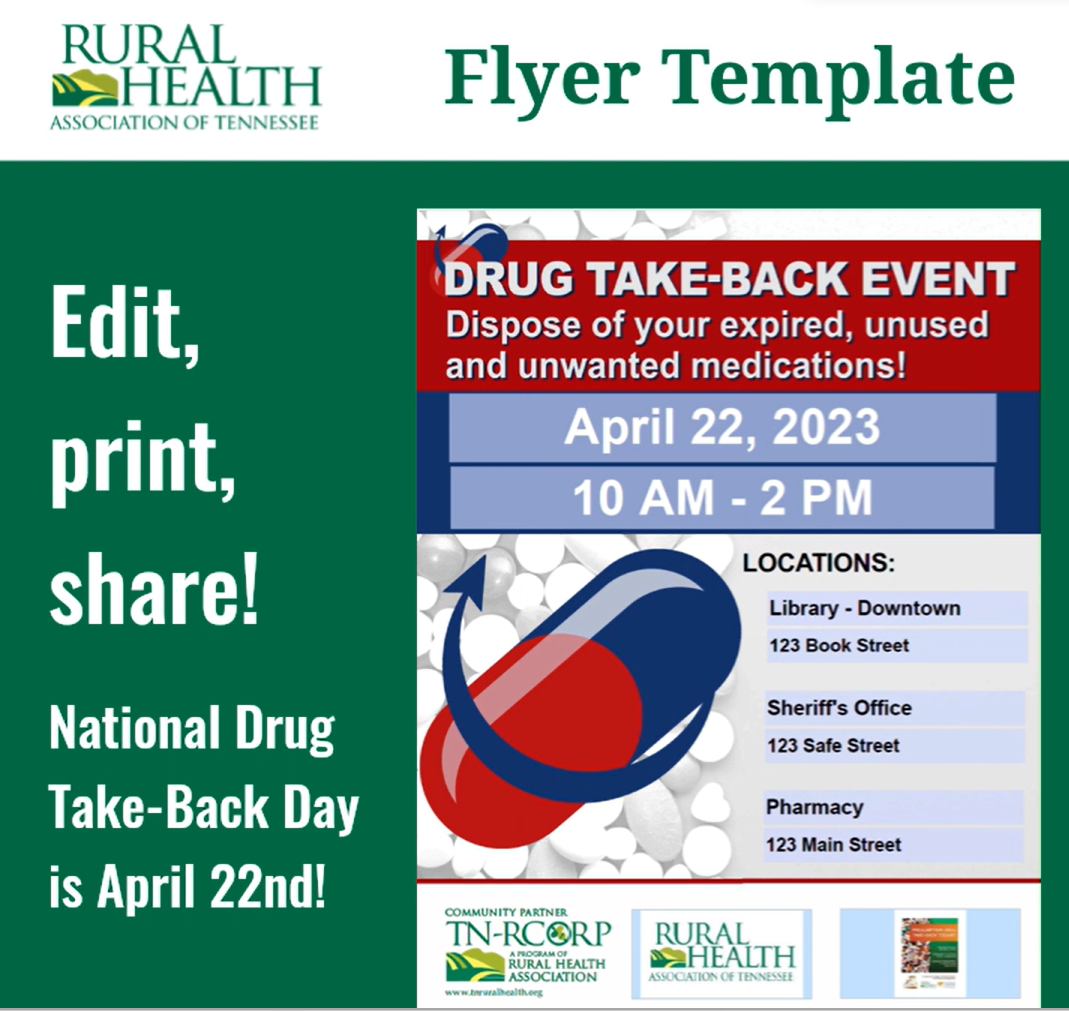 Rural Health Association of Tennessee (RHA) has released an RCORP Drug Take-Back Event Flyer. Attached below is a flyer template with space for event details and a logo, as well as a PDF of instructions for using the flyer template. If you have a drug take-back event coming up, get the word out by using the resources below!
Rural Health Association of Tennessee (RHA) has released an RCORP Drug Take-Back Event Flyer. Attached below is a flyer template with space for event details and a logo, as well as a PDF of instructions for using the flyer template. If you have a drug take-back event coming up, get the word out by using the resources below!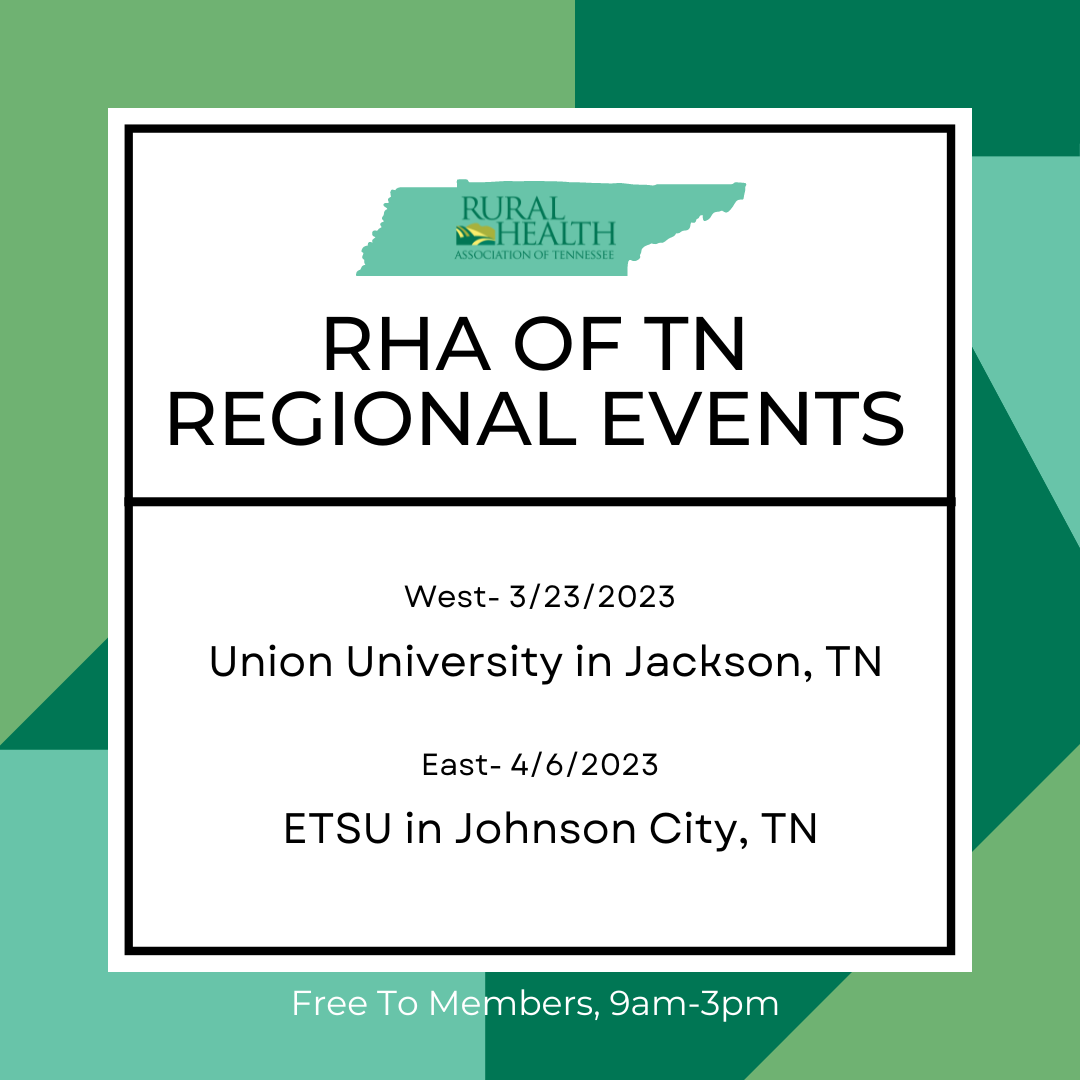
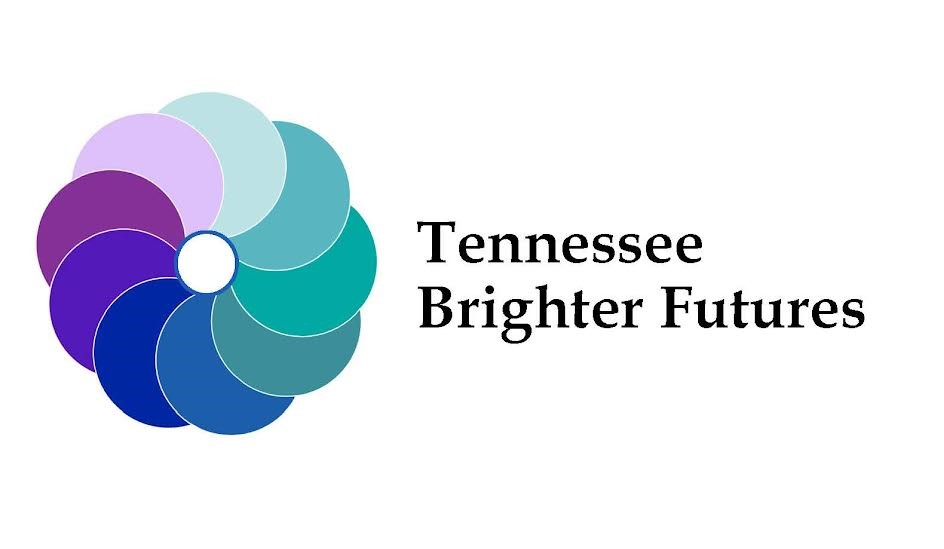 Brain Links is sharing a brief set of resources with partners as part of Tennessee Disability Coalition’s Tennessee Brighter Futures (TBF) Collaborative. The mission of TBF is
Brain Links is sharing a brief set of resources with partners as part of Tennessee Disability Coalition’s Tennessee Brighter Futures (TBF) Collaborative. The mission of TBF is 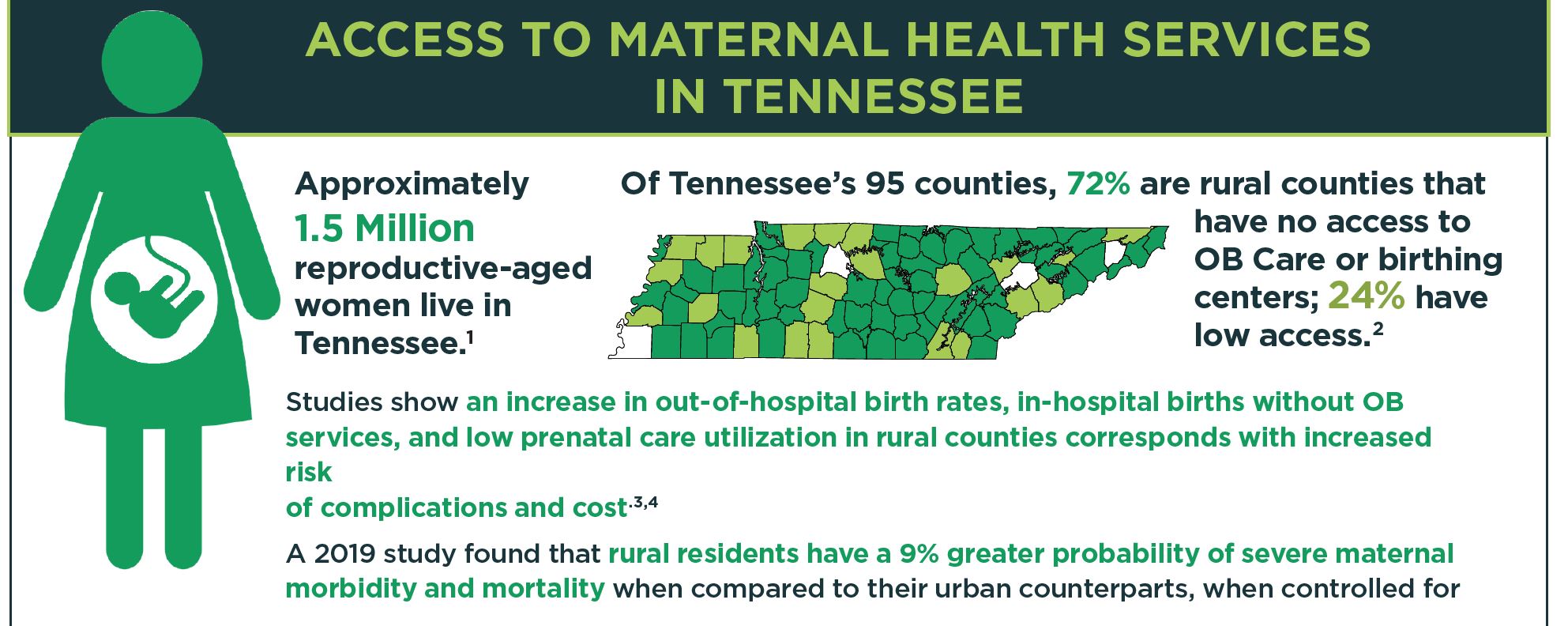 policies that prevent teenage pregnancy, provides case management services to pregnant women, and advances professional knowledge of providers.
policies that prevent teenage pregnancy, provides case management services to pregnant women, and advances professional knowledge of providers.

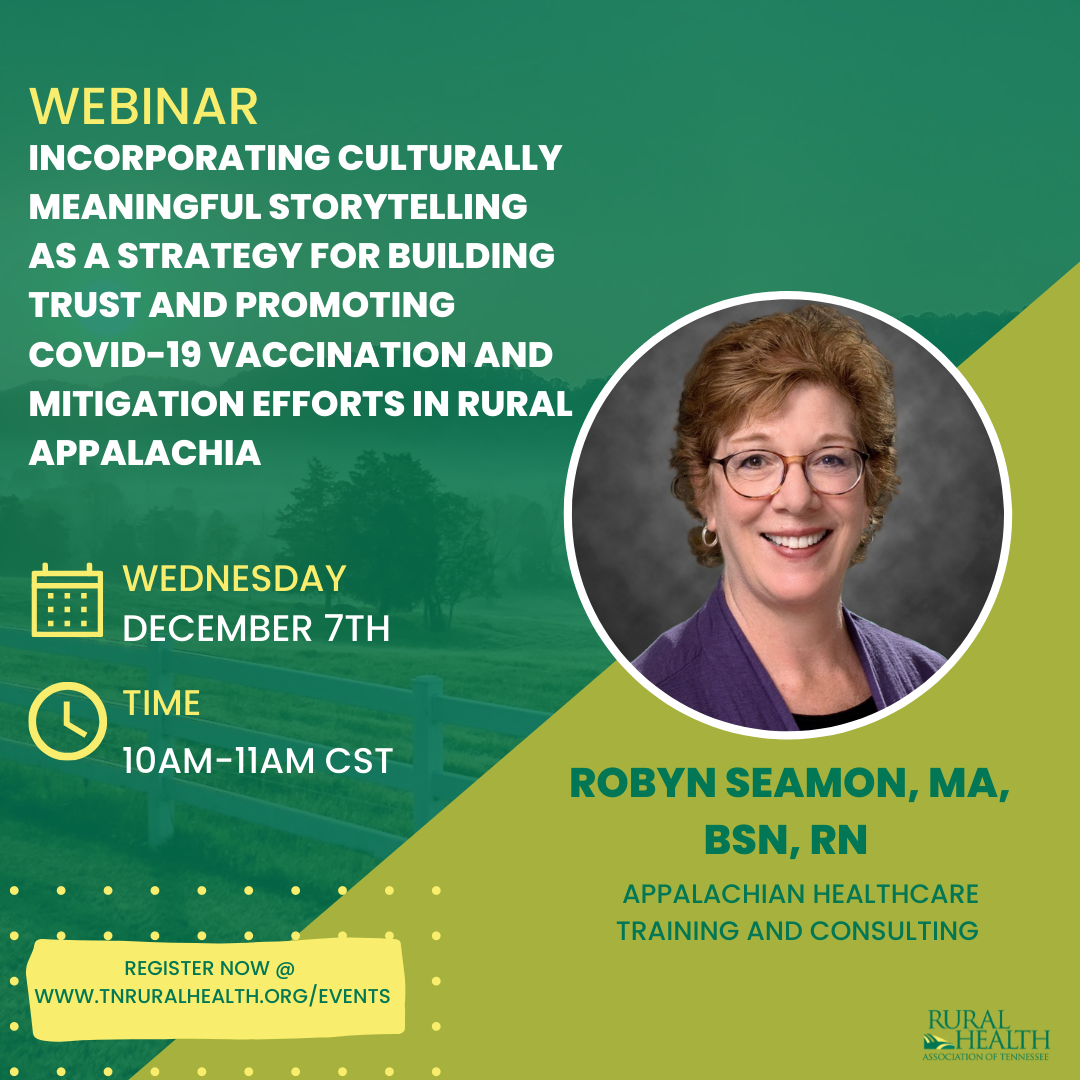 Join us Wednesday, December 7th for our free COVID-19 webinar! Vaccines and boosters are our best defense against serious illness from COVID-19. Currently, many people across the country remain unvaccinated or have not received booster shots for COVID-19.
Join us Wednesday, December 7th for our free COVID-19 webinar! Vaccines and boosters are our best defense against serious illness from COVID-19. Currently, many people across the country remain unvaccinated or have not received booster shots for COVID-19.